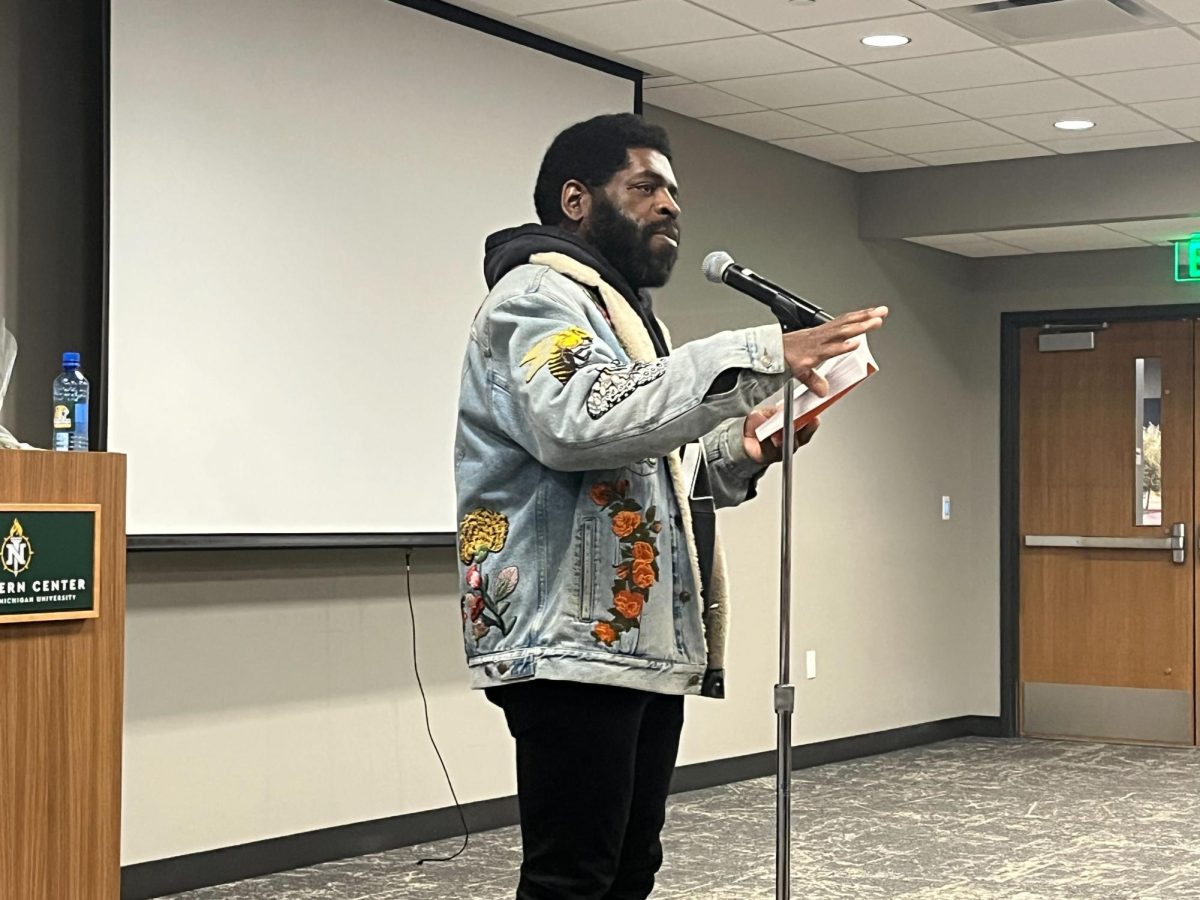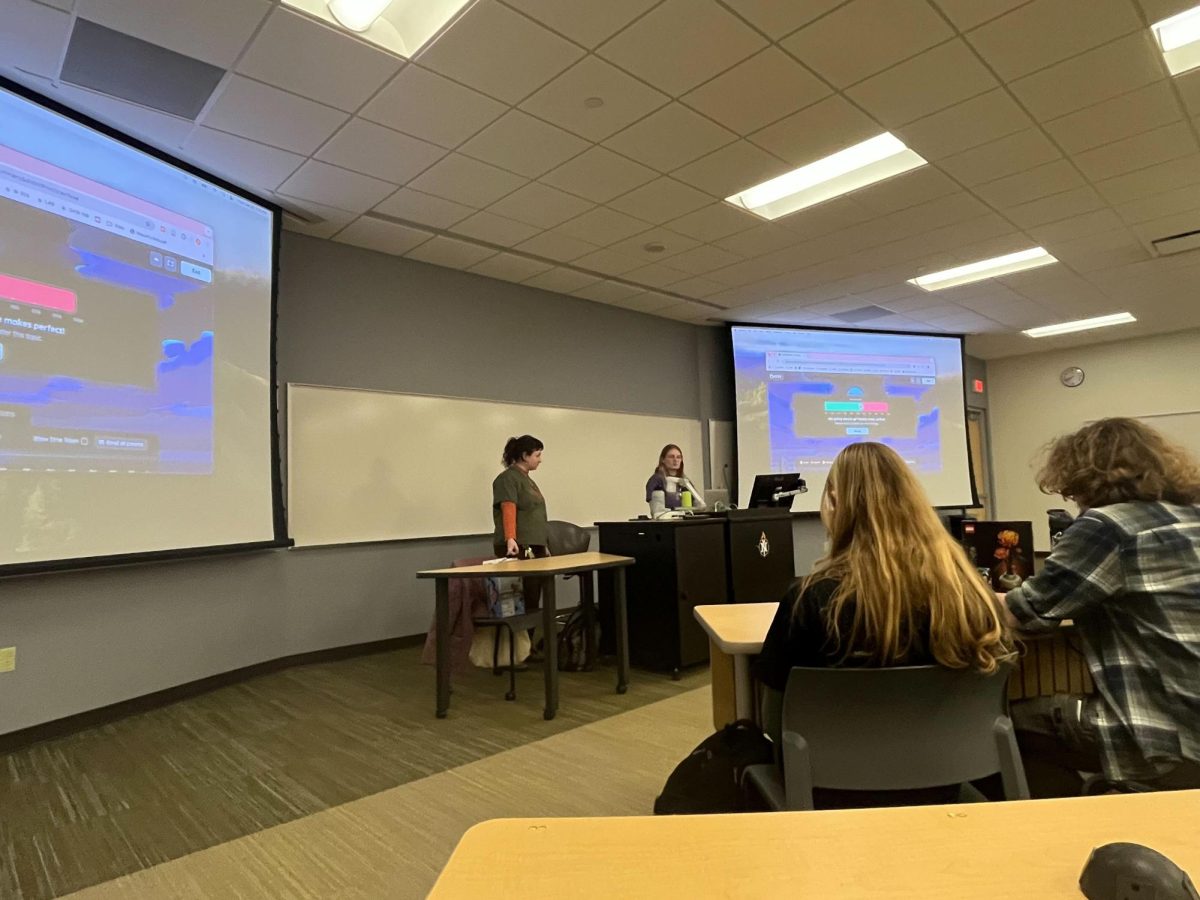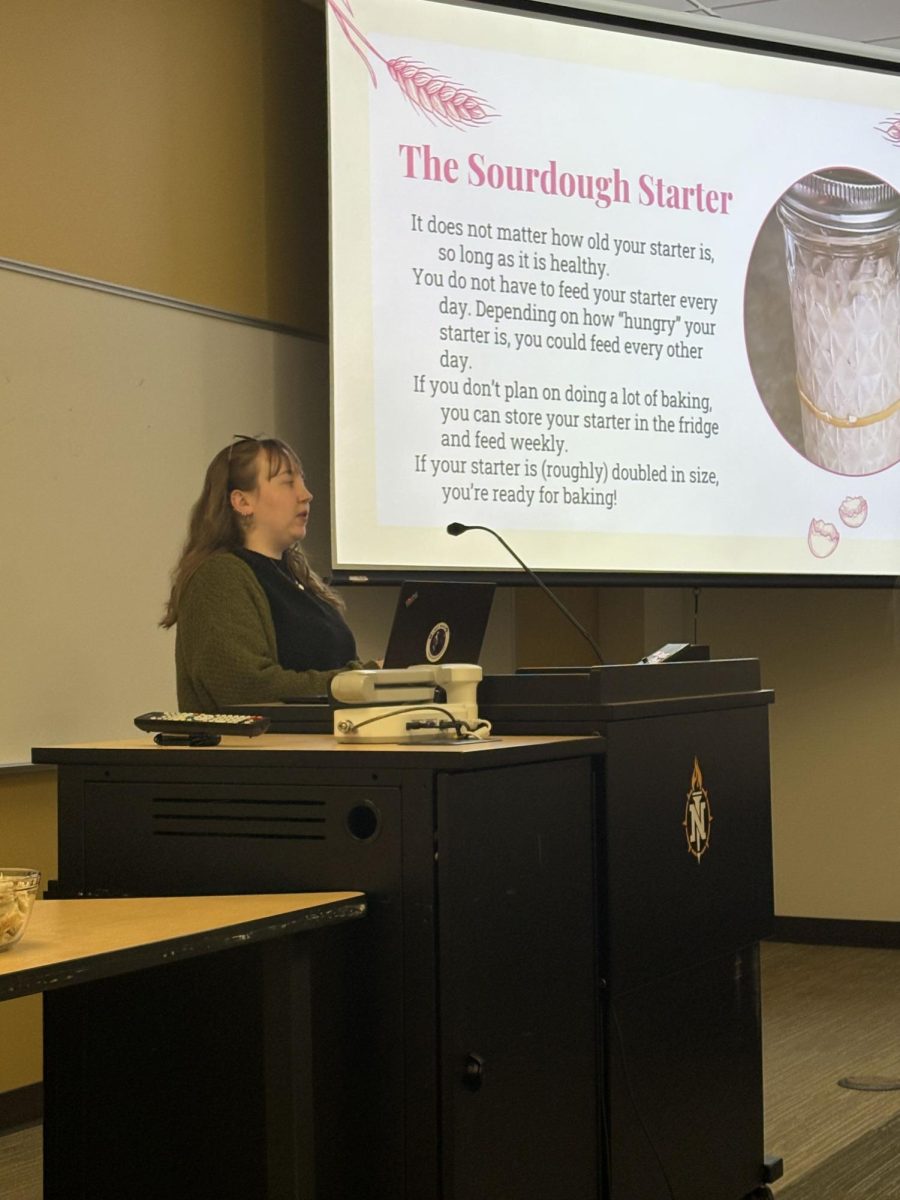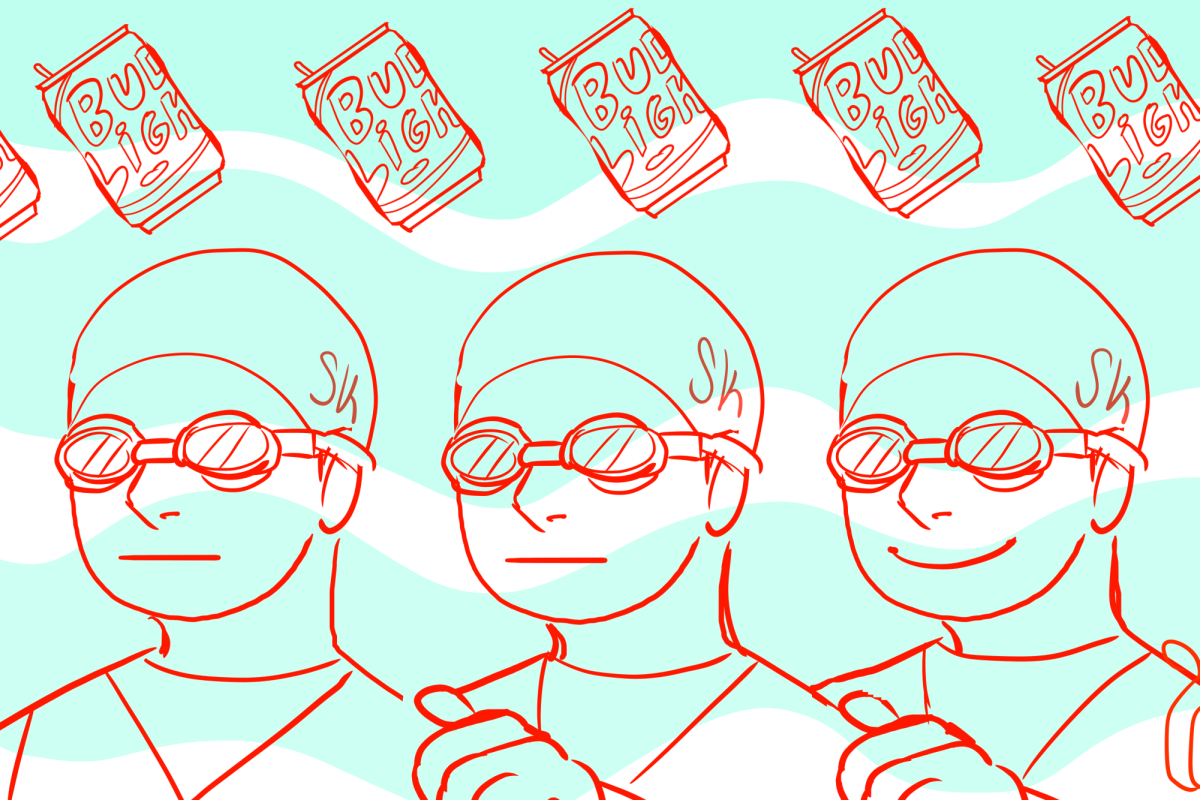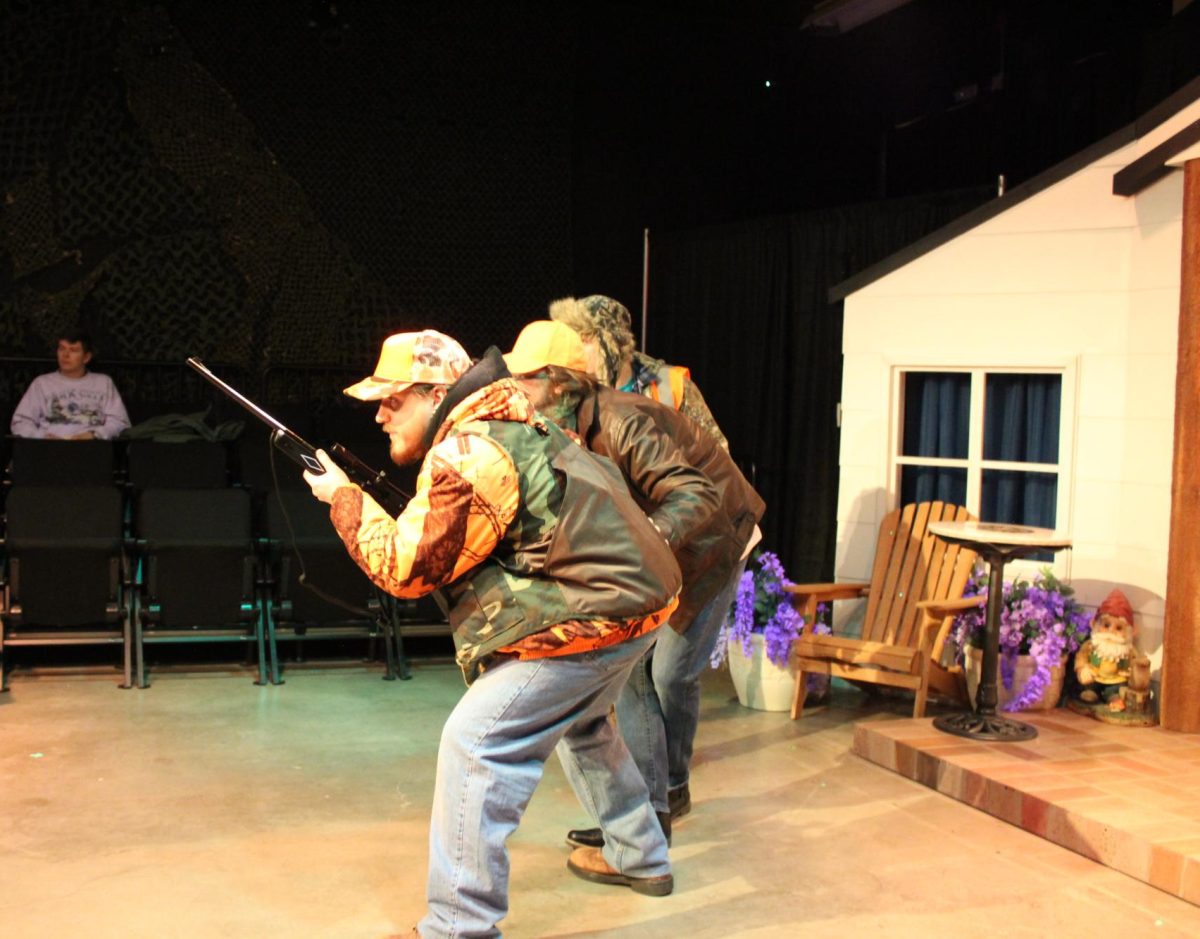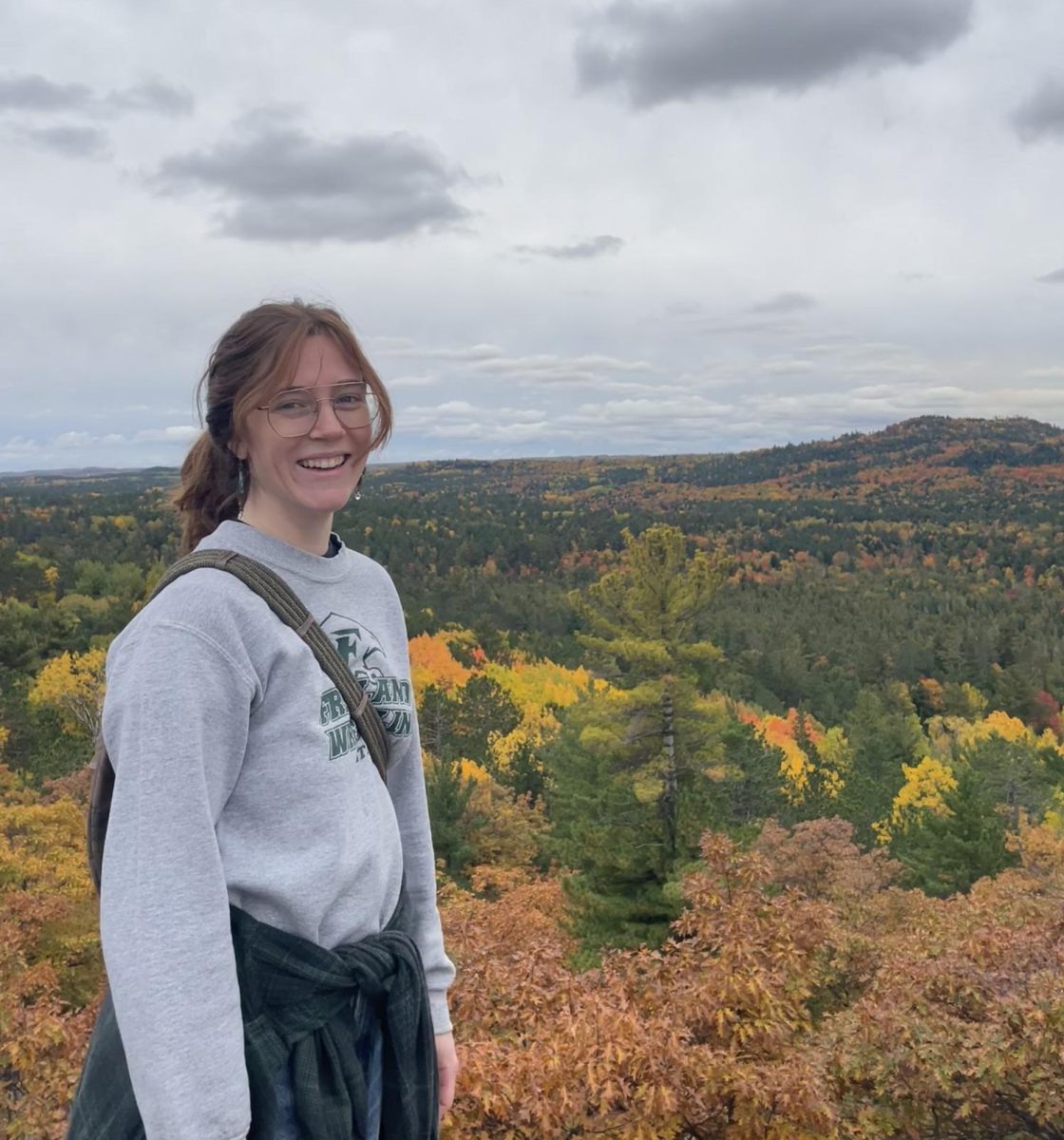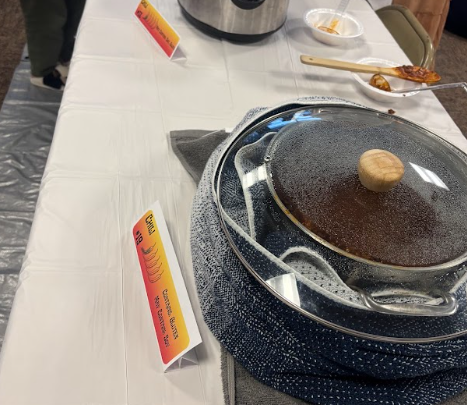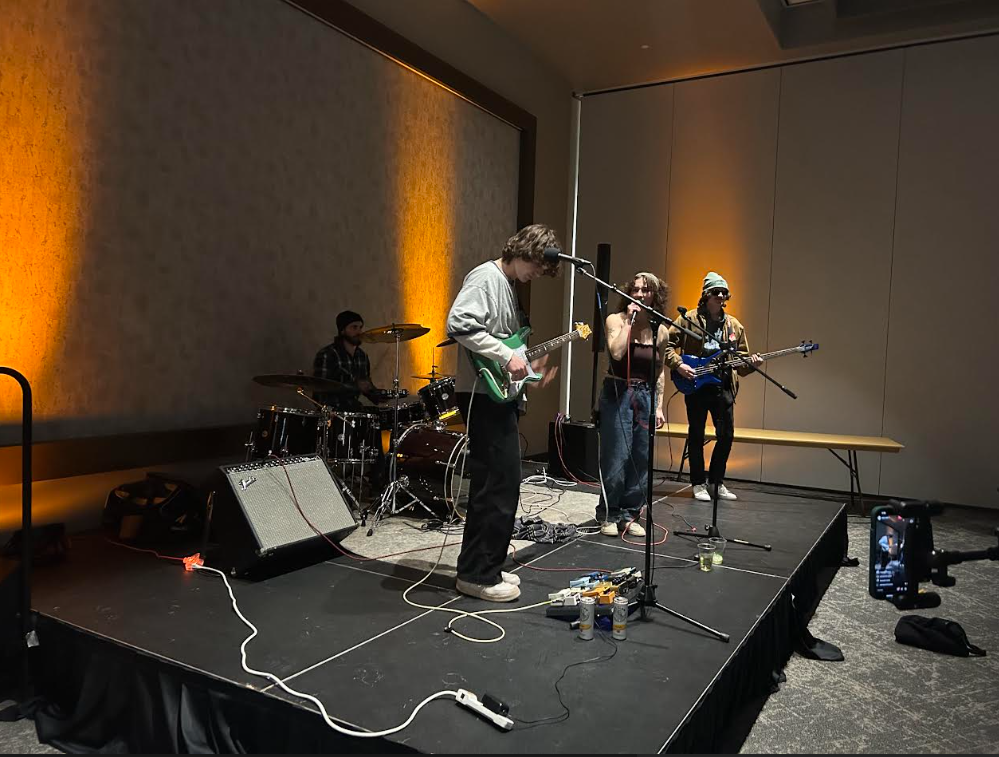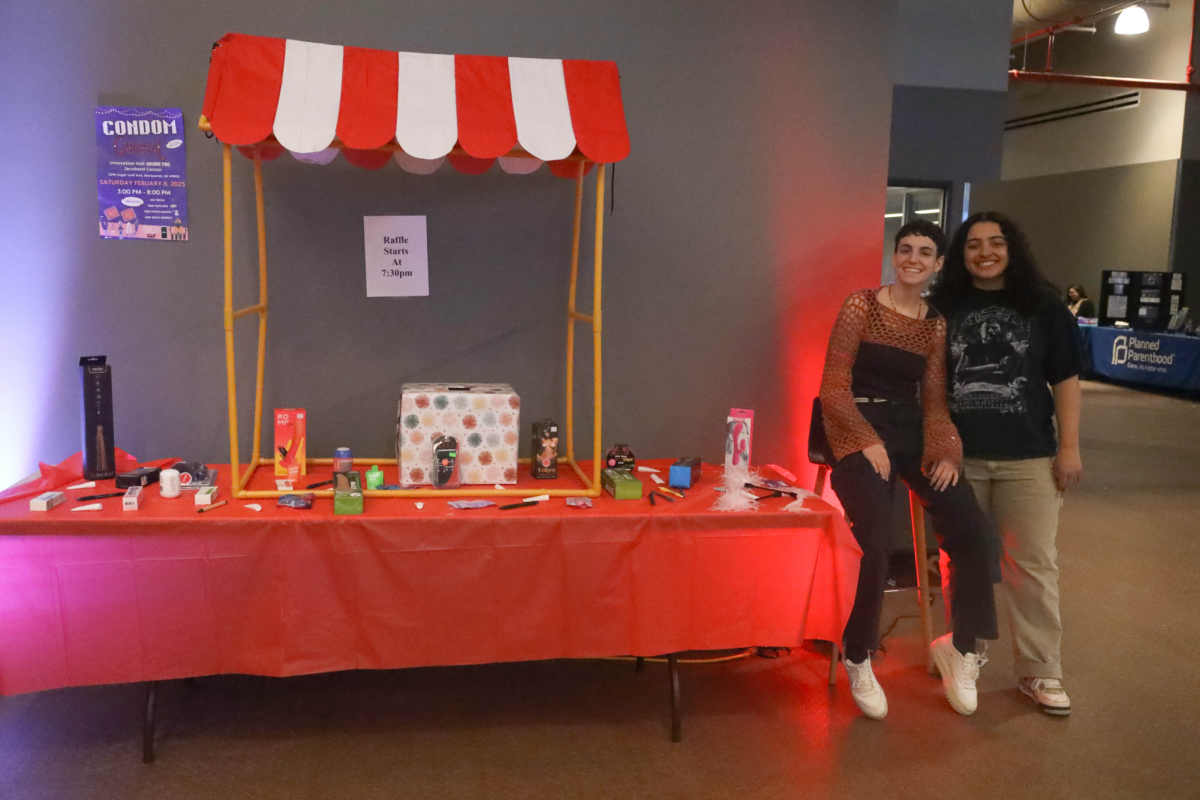Last April, the NMU campus was abruptly hit with startling news: Part of the outdoor learning area (OLA) was to be destroyed to make room for the new public-private dormitories.
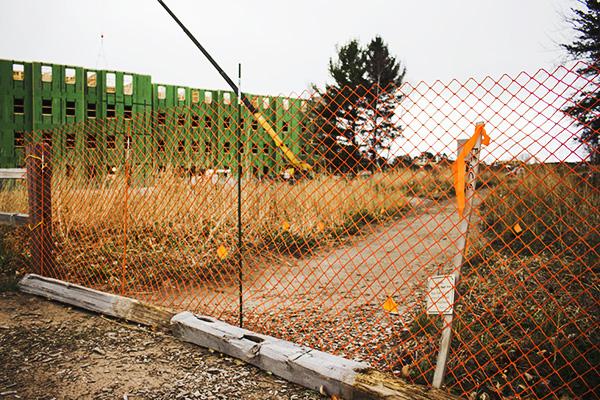 For years the OLA had been used to cultivate courses from various departments within the university for topics including soils, hydrology, ecology, botany and many more.
For years the OLA had been used to cultivate courses from various departments within the university for topics including soils, hydrology, ecology, botany and many more.
NMU President Fritz Erickson announced the land was to be leased to the Tennessee-based company EdR Collegiate Housing. The news came suddenly for many students and faculty on campus who use the area for educational purposes.
“At the beginning it was change and it came abruptly. A lot of us were stunned or startled by it,” said Matt Van Grinsven, the Earth Environmental and Geographical Sciences faculty member who is overseeing the OLA committee.
Students and faculty took action to rehabilitate what they could from the native plants area before construction started on the new dorms. They had help from the NMU grounds crew, community volunteers and 12 Marquette County Conservation District interns. Together they started by relocating 5,500 square feet of native plant sod, 15,000 plants and 30 trees.
Van Grinsven said this relocation went better than they had expected.
“You expect a fairly significant die-off with this type of planning, but we didn’t see that,” he said.
Through a subcontractor to EdR, the OLA committee was presented a design for a new retention pond that will be located near the former pond. It will capture the runoff from the parking lot like its former, but will be designed in a “naturalized” manner.
“We were using the old one but it wasn’t a native plants area,” Van Grinsven added.
In addition to a new retention pond, the OLA has expanded to numerous other sites including a Geologic Interpretation Park in the circle drive near New Science and the Whitman Field & Depression across from New Science.
The committee is also working with the Center for Native American Studies to construct a medicine wheel garden that will be further discussed next year.
Last spring, the NMU administration had to make a very difficult decision about the fate of the OLA, but students and faculty reacted with tremendous energy. Today, the OLA committee is seeing a future of great success and certainty that will benefit students for generations to come.
“Ultimately, we are making the most of the situation. Everyone involved feels very optimistic and positive about what has been and will be happening as a result of this unexpected event,” Van Grinsven concluded.

